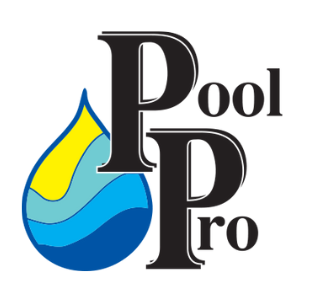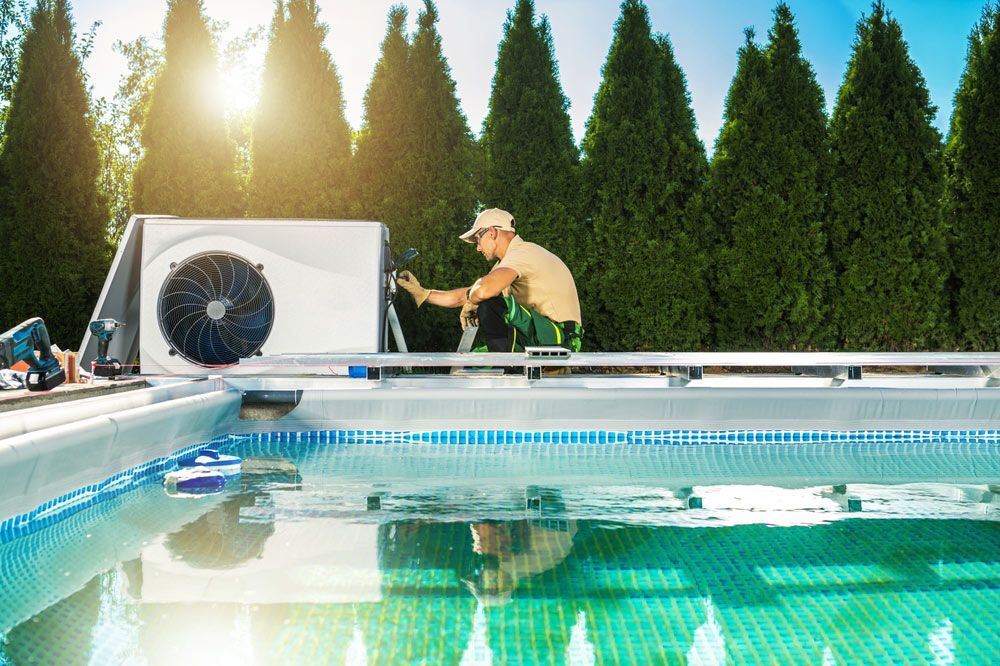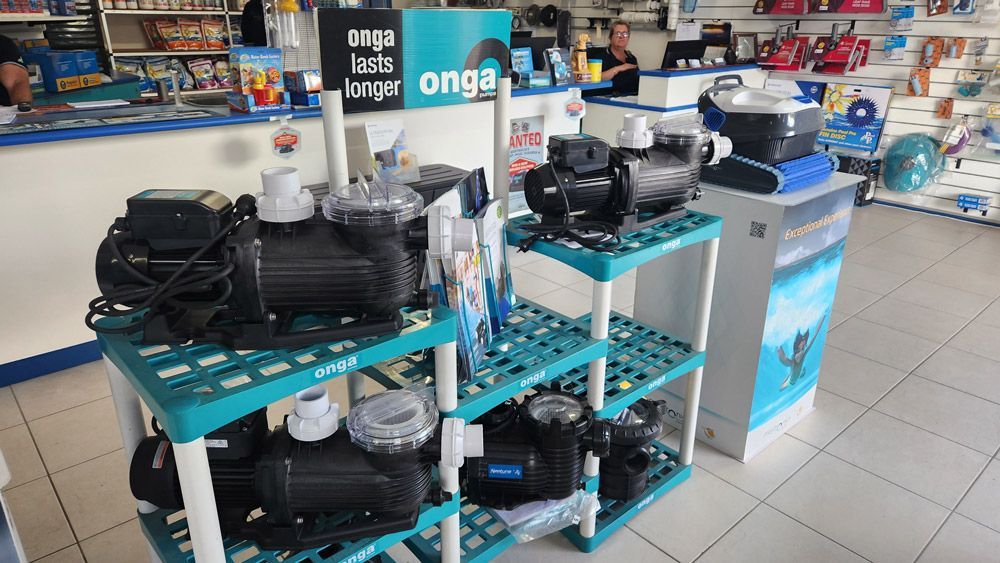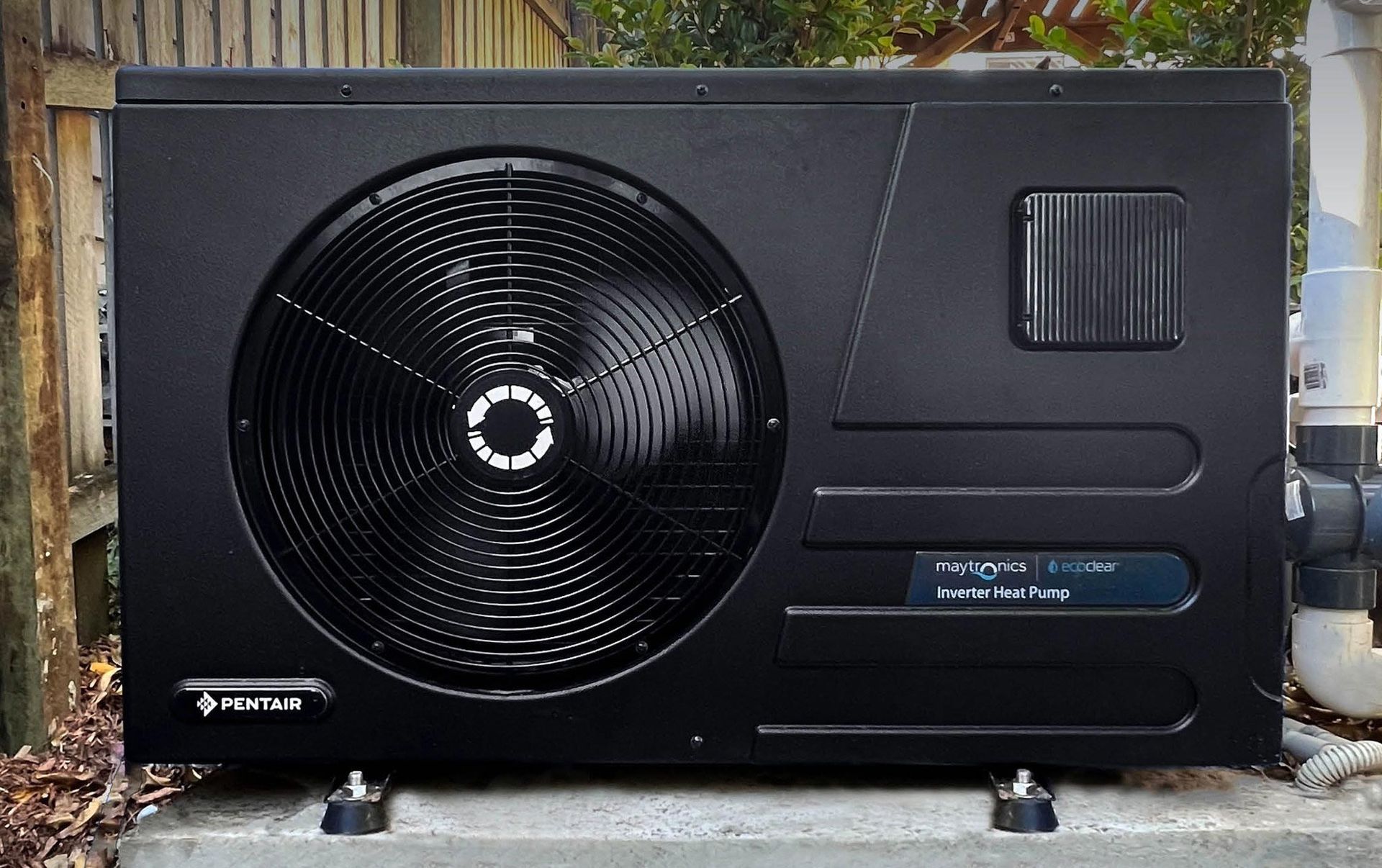How to Maintain Your Pool Filter for Crystal Clear Water
There’s nothing more inviting than diving into a pool of sparkling, clean water—especially in the heat of a tropical summer. But behind every crystal-clear backyard oasis is a hardworking filtration system keeping everything in order. For homeowners in Cairns, where humidity and heat can fuel algae and debris build-up, maintaining your pool filter isn’t just good practice—it’s essential.
Whether you're new to pool ownership or simply looking to improve your maintenance routine, understanding how your pool filter works and how to keep it operating efficiently will save you time, money, and stress. From pressure gauge checks to seasonal adjustments, this guide explains the practical steps needed to keep your water pristine all year round.
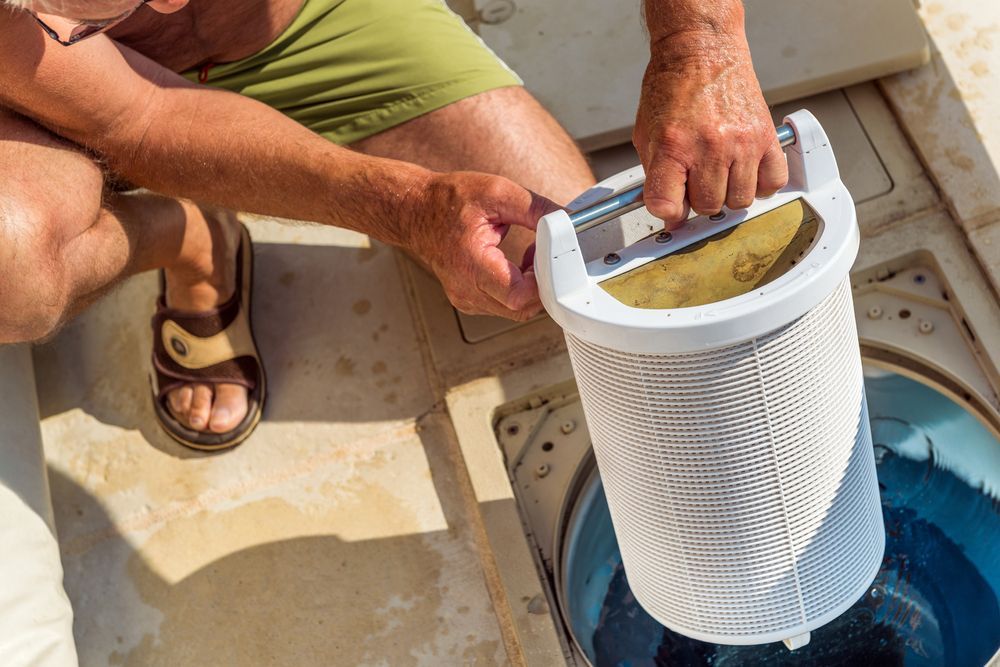
Understand How Your Pool Filter Works & Why It Matters
Your pool filter is the frontline defence against murky water, capturing fine debris, contaminants, and microscopic particles before they affect water clarity or hygiene. Most pools in Cairns use one of three types of filters: cartridge, sand or diatomaceous earth (DE), each with its own strengths and maintenance requirements.
- Cartridge filters trap debris in a pleated polyester fabric and are easy to remove and rinse.
- Sand filters use specially graded sand to strain out particles and need periodic backwashing.
- DE filters offer the finest level of filtration and require careful recharging with DE powder after cleaning.
Understanding how each type works will help you apply the right maintenance approach to suit your system and climate conditions.
Stick to a Regular Cleaning Schedule to Avoid Water Clarity Issues
If you want consistently clear water, filter cleaning can’t be an afterthought. As debris accumulates, it restricts flow and reduces filtration efficiency, often resulting in cloudy or green-tinted water.
Here’s a general cleaning schedule to follow:
- Cartridge filters: Clean every 4–6 weeks during swimming season.
- Sand filters: Backwash once every 2–3 weeks or when pressure rises 7–10 psi above normal.
- DE filters: Backwash and recharge every 4–6 weeks; a full teardown clean every 6 months.
Regular cleaning also helps extend the lifespan of your filter, saving you from premature replacements and unexpected breakdowns.
Know When It’s Time to Backwash or Replace Filter Media
Cleaning only works up to a point. Eventually, your filter media—whether sand, a cartridge or DE powder—must be replaced. Keeping old or clogged filter elements in play will only result in poor water circulation and recurring issues.
Keep an eye out for these signs:
- Sand filters: Replace sand every 5 years, or sooner if water remains cloudy post-backwashing.
- Cartridge filters: Replace the cartridge every 2–3 years, or if you notice visible tears or flattening.
- DE filters: Recharge with new powder after each backwash; inspect grids annually for wear.
If cleaning doesn’t improve your water quality, your media may have reached its limit.
Monitor Pressure Gauge Readings for Performance Clues
That little gauge on your filter’s tank isn’t just for show—it’s one of the most reliable indicators of your system’s health. A sudden increase or drop in pressure can signal a blockage, an air leak, or even pump issues.
Here’s how to interpret the pressure gauge:
- High pressure (above 10 psi over clean baseline): Indicates a dirty filter that needs cleaning.
- Low pressure: Could signal a clog in the pump basket, a leak in the suction line, or a partially closed valve.
- Fluctuating pressure: This may suggest that air enters the system or the flow is inconsistent.
After every cleaning, note the “clean pressure” reading to recognise changes early.
Check for Leaks, Cracks, or Air Bubbles in Your Filtration System
Small problems can turn into major issues if left unchecked. Periodic visual inspections of your filtration system help you identify early signs of wear, especially in the harsh tropical conditions typical in places like Cairns.
Look out for:
- Visible cracks or water drips on the filter housing.
- Bubbles in the pump strainer lid indicate air entering through faulty O-rings or fittings.
- Damp ground around pipes or filter connections may indicate slow leaks.
Catching these issues early helps avoid pressure losses, burnt-out pumps, and costly water loss.
Combine Filtration with Balanced Water Chemistry for Optimal Results
A filter alone can’t maintain clean water—chemistry plays a major supporting role. Poor water balance can result in scale formation or corrosion, reducing your filter’s effectiveness.
For best results:
- Maintain pH between 7.2 and 7.6 to avoid damaging filter materials.
- Use stabiliser (cyanuric acid) to protect chlorine from UV degradation.
- Shock the pool weekly to break down organic waste the filter may not catch.
- Add a clarifier during peak usage to help trap finer particles.
Filters and chemicals work hand-in-hand—when one lags, the other has to work overtime.
Prepare Your Pool Filter for Seasonal Changes
Different seasons bring different demands on your filtration system. Increased swimming activity and debris mean filters must work harder in hotter months. In cooler months, your focus should be on preventive care.
Before summer:
- Inspect and clean all filter components.
- Check for clogs in skimmer baskets and pipes.
- Replace filter media if nearing the end of life.
Before winter:
- Lower filtration run times as usage drops.
- Clean and backwash filters before reducing activity.
- Protect filters and pumps from potential storm debris.
Professional seasonal maintenance helps prevent problems from building up during quiet periods and makes ramping up in summer much easier.
Invest in Premium Pool Filters for Long-Term Water Clarity & Equipment Longevity
Using low-cost or undersized filters might seem economical in the short term, but they often require more frequent cleaning and can’t handle heavy debris loads. Premium pool filters, on the other hand, offer better performance, lower maintenance frequency, and improved energy efficiency.
Advantages of upgrading to premium filters:
- Higher dirt-holding capacity, meaning fewer cleans.
- Better flow rates, improving circulation and reducing pump load.
- Longer service life and fewer breakdowns.
- Enhanced water clarity, even under high usage conditions.
High-quality filters invest in your pool’s long-term performance and peace of mind.
Need Pool Filters in Cairns? We’ve Got You Covered
At Beaches Pool Supplies, we understand how crucial it is to maintain your filter system to keep your pool inviting and hygienic. Whether you need help choosing the right pool filter, finding spare parts, or scheduling regular maintenance, we’re here to help you every step of the way.
Browse our premium pool filters in Cairns or call us for expert advice and support. Let’s make your pool care simpler and your water crystal clear—every day of the year.
